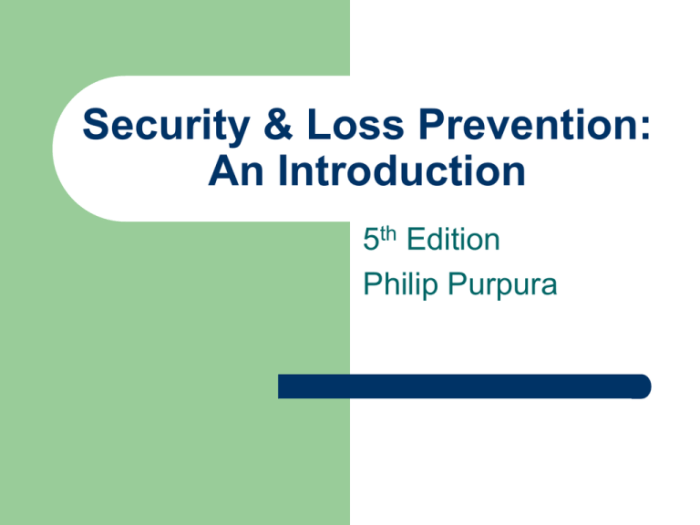Introduction to policing 5th edition – The fifth edition of Introduction to Policing, a seminal work in the field, offers a comprehensive and authoritative exploration of the multifaceted world of policing. This updated edition delves into the historical evolution, theoretical foundations, organizational structures, operational practices, and future challenges of policing, providing readers with an invaluable resource for understanding this critical social institution.
With its rigorous analysis, insightful case studies, and engaging writing style, Introduction to Policing, 5th Edition, is an essential resource for students, scholars, practitioners, and anyone seeking a deeper understanding of the complex and ever-evolving field of policing.
Introduction to Policing
The fifth edition of “Introduction to Policing” provides a comprehensive overview of the field of policing, from its historical origins to contemporary challenges and future trends. The book explores the different theories, organizational structures, and operational practices of policing, as well as the role of technology and community engagement in modern policing.
Historical Evolution of Policing
Policing has evolved over centuries, from its origins in ancient civilizations to the professionalized and specialized police forces of today. The book traces the development of policing in the United States, from the colonial era to the present day, highlighting the influence of social, political, and economic factors on policing practices.
Types of Policing Agencies
There are various types of policing agencies, each with its own jurisdiction and responsibilities. The book discusses the roles of local, state, and federal law enforcement agencies, as well as specialized units such as highway patrols and SWAT teams.
Theories of Policing
Crime Control Model
The crime control model emphasizes the role of the police in preventing and suppressing crime. It focuses on proactive policing strategies, such as increased patrols and aggressive enforcement of laws, to deter criminal activity and maintain public order.
Community Policing Model
The community policing model emphasizes the importance of building partnerships between the police and the communities they serve. It focuses on problem-solving and crime prevention through community engagement, foot patrols, and other strategies that foster trust and cooperation.
Problem-Oriented Policing Model
The problem-oriented policing model focuses on identifying and addressing the underlying causes of crime and disorder. It involves a collaborative approach between the police, community members, and other stakeholders to develop and implement tailored solutions to specific problems.
Police Organization and Management
Organizational Structure
Police departments are typically organized hierarchically, with a chief of police at the top and various ranks and positions below. The book describes the roles and responsibilities of different ranks, including patrol officers, detectives, supervisors, and administrators.
Principles of Police Management
Effective police management involves a range of principles, including budgeting, personnel management, and accountability. The book discusses the challenges and best practices of managing police departments, ensuring efficient operations and responsible use of resources.
Police Operations: Introduction To Policing 5th Edition
Types of Police Operations
Police officers perform a wide range of operations, including patrol, traffic enforcement, criminal investigations, and special operations. The book describes the principles and practices of each type of operation, highlighting the unique challenges and considerations involved.
Crime Prevention
Crime prevention is a key goal of policing. The book discusses various strategies for preventing crime, such as community policing, targeted patrols, and crime analysis.
Use of Force
The use of force by police officers is a controversial issue. The book examines the legal and ethical considerations surrounding the use of force, as well as the training and policies that guide police officers in making these decisions.
Community Policing
Principles of Community Policing
Community policing is a philosophy and set of practices that emphasize the importance of building partnerships between the police and the communities they serve. The book discusses the key principles of community policing, including community engagement, problem-solving, and accountability.
Strategies and Techniques
Community policing involves a variety of strategies and techniques, such as foot patrols, community meetings, and crime prevention programs. The book provides examples of successful community policing initiatives and discusses the challenges and benefits of this approach.
Police Technology

Types of Police Technology, Introduction to policing 5th edition
Technology plays an increasingly important role in policing. The book describes various types of police technology, including body cameras, tasers, drones, and crime analysis software.
Benefits and Challenges
Police technology offers potential benefits, such as increased efficiency, improved transparency, and enhanced officer safety. However, there are also challenges associated with the use of technology, including privacy concerns, ethical considerations, and the potential for bias.
The Future of Policing
Challenges and Opportunities
Policing faces a number of challenges and opportunities in the future. The book discusses the potential impact of technology, social media, and globalization on policing. It also examines the need for ongoing reform and innovation to ensure that policing remains effective and responsive to the needs of society.
Recommendations for Improvement
The book concludes with recommendations for improving policing in the future. These recommendations focus on enhancing community engagement, promoting transparency and accountability, and embracing technology while addressing ethical and privacy concerns.
FAQ Compilation
What are the major theoretical perspectives in policing?
Introduction to Policing, 5th Edition, discusses the crime control model, community policing model, and problem-oriented policing model as the major theoretical perspectives in policing.
What are the key challenges facing policing in the future?
The book highlights the impact of technology, social media, and globalization on policing, and explores the challenges and opportunities they present for the future of the field.